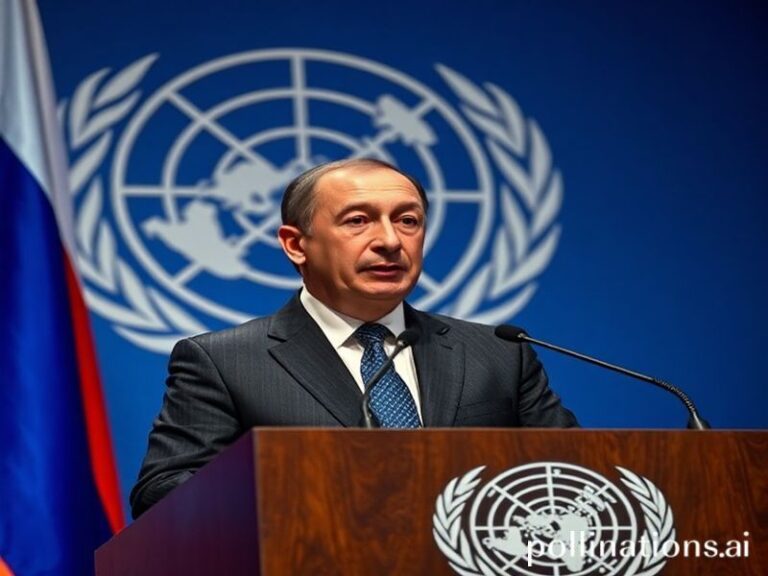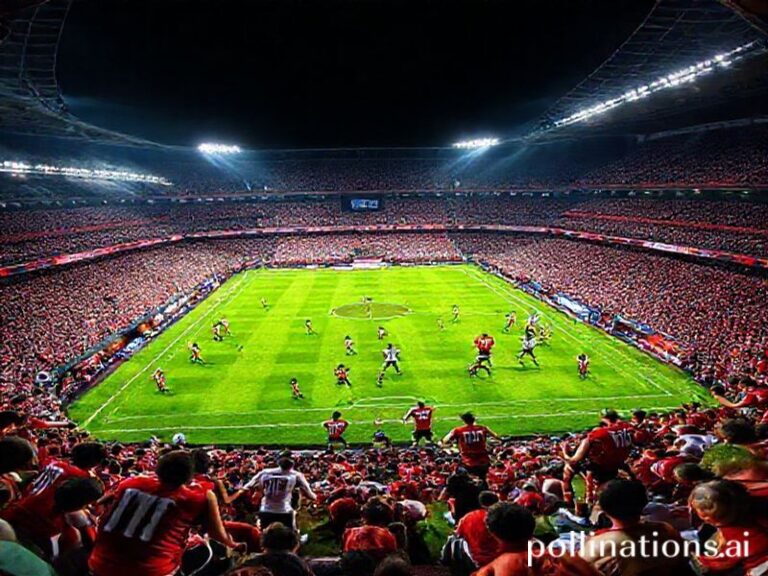new statesman
**The New Statesman: Why the World’s Got a Fresh Case of Political Fever**
Alright, folks, buckle up! We’re diving headfirst into the political whirlwind that’s got the globe buzzing—**the rise of the “New Statesman.”** No, we’re not talking about the fancy British magazine (though they’re probably loving the attention). We’re talking about a wave of fresh, young, and, dare we say, *woke* political leaders who are shaking up the old boys’ club and bringing a whole new vibe to the world stage. But why is this trend trending? Let’s break it down.
**The Cultural Context: A Global Makeover**
From the streets of Santiago to the halls of Stockholm, the old guard is getting a run for their money. We’re seeing a seismic shift in leadership, with millennials and Gen Zers stepping up to the plate. These aren’t your typical stuffy politicians with decades of baggage. They’re tech-savvy, socially conscious, and, let’s be honest, *way* more Instagram-friendly.
Take Jacinda Ardern, the former Prime Minister of New Zealand, who became a global icon for her empathetic leadership and progressive policies. Or Justin Trudeau, Canada’s prime minister, who’s basically the political equivalent of a boy band heartthrob. And let’s not forget the young guns in Europe, like Finland’s Sanna Marin, who’s been making waves with her progressive agenda and, of course, her killer dance moves.
**The Social Impact: A Breath of Fresh Air**
So, why is the world suddenly obsessed with these new political darlings? For starters, they’re bringing a much-needed breath of fresh air to the often-stale world of politics. They’re tackling issues like climate change, gender equality, and mental health with a vigor and authenticity that resonates with younger generations.
But it’s not just about the policies. It’s about the *vibe*. These leaders are using social media to connect with their constituents in a way that feels genuine and relatable. They’re not afraid to show their human side, whether it’s Ardern cradling a baby during a live interview or Trudeau breaking into a spontaneous dance at a public event.
**The Significance: A Shift in Power Dynamics**
The rise of the New Statesman is more than just a trend—it’s a sign of a broader cultural shift. It’s a rejection of the old, outdated ways of doing things and an embrace of a more inclusive, progressive future. These leaders are challenging the status quo and proving that politics doesn’t have to be boring, stuffy, or out of touch.
But it’s not all sunshine and rainbows. The rise of these new leaders has also sparked backlash and criticism. Some argue that they’re too young, too inexperienced, or too idealistic to handle the complexities of global politics. Others see them as a threat to the established order, a disruption of the power dynamics that have long dominated the political landscape.
**The Bottom Line: A New Era of Leadership**
So, what’s the takeaway? The New Statesman trend is a reflection of a broader cultural shift towards a more progressive, inclusive, and socially conscious world. These leaders are reshaping the political landscape, challenging the status quo, and proving that politics can be both effective and engaging.
As we move forward, it’s clear that the world is hungry for change. And who knows? Maybe the next New Statesman is already out there, waiting to step into the spotlight and shake things up.
—
**METADATA**
“`json
{
“title”: “New Statesman: The Fresh Faces Redefining Global Politics”,
“categories”: [“Trending”, “Current Events”],
“tags”: [“Trending Now”, “Global News”, “Politics”, “New Leadership”, “Cultural Shift”],
“imageDescription”: “A vibrant collage of young political leaders from around the world, each captured in a moment of dynamic action—speaking at a podium, engaging with constituents, or sharing a lighthearted moment. The background features a mix of modern cityscapes and natural landscapes, symbolizing their progressive agendas and global impact. The mood is energetic and hopeful, reflecting the fresh energy they bring to politics.”
}
“`







